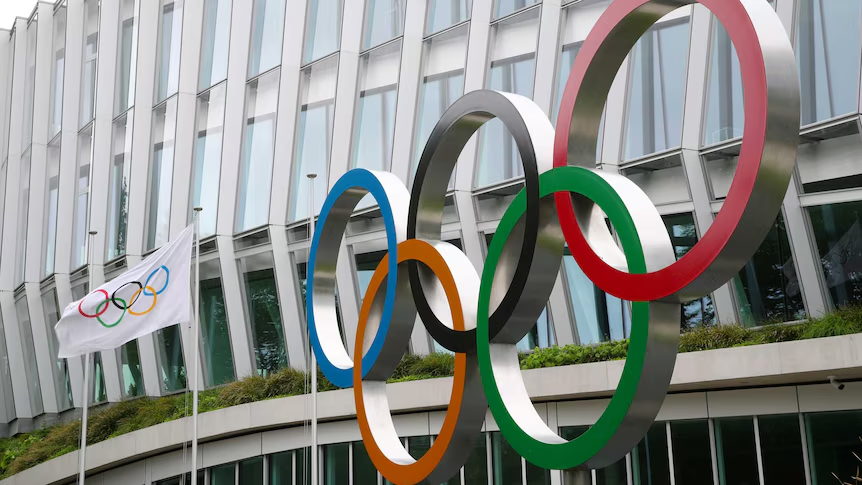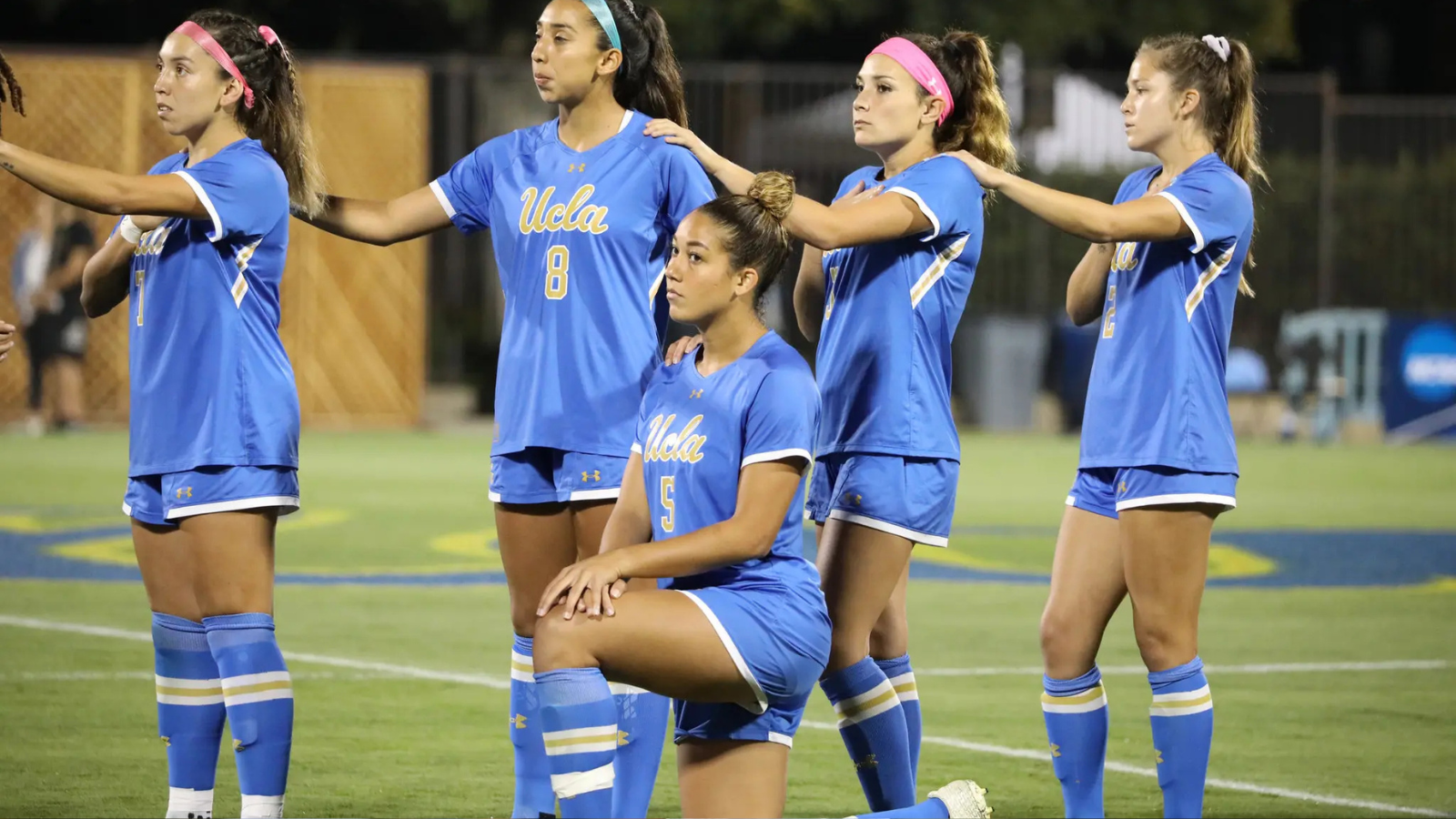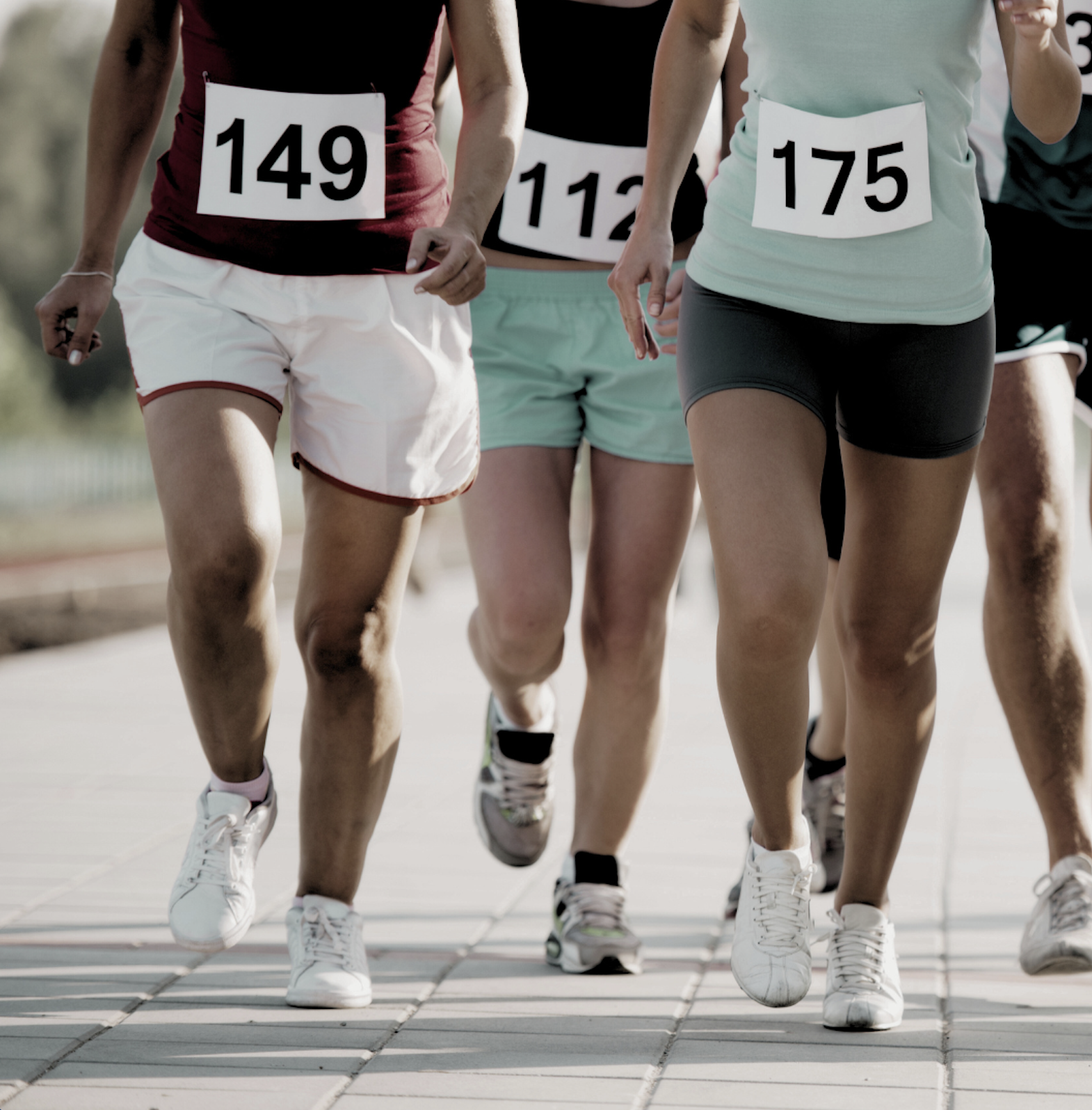Content warning: This statement mentions sexual assault, rape, and the abuser’s name.
(Amsterdam, October 28, 2025) – Kyniska Advocacy, The Army of Survivors, and the Athletes Network for Safer Sports, are once again calling on the sports world to take action to prevent athletes convicted of sexual offenses from competing on the global stage. Last year, this same group of advocates called for the disqualification of Dutch volleyball player, Steven Van de Velde from the 2024 Paris Olympics.
Van de Velde has been denied a visa to Australia and will not be able to compete at the World Beach Volleyball Championships in Adelaide, next month. This is a positive development for the competition, which comes despite the International Volleyball Federation (FIVB) continuing to ignore calls from civil society and survivors to block his participation.
“It’s disappointing that the Australian Government have had to weigh in on this – Van de Velde should not have been eligible to compete in the first place” said Kate Seary, Co-founder of Kyniska Advocacy. “The sporting community has clearly not learned its lesson from the Olympics. Placing sex offenders on a pedestal at global events undermines survivors and reinforces the dangerous belief that sporting success excuses criminal behaviour.”
Australian advocacy groups had started a petition calling for the Australian Department of Home Affairs to prevent Van de Velde’s entry to the country. According to Section 501 of Australia’s Migration Act 1958, a person does not pass the character test and should not be granted a visa if they have been convicted of a serious offence – including a conviction for sexually based offences involving a child.
“Australia has taken the lead by upholding the law and refusing to allow someone with a conviction of child sexual assault to enter the country,” Joanna Maranhão, Network Coordinator of the Sport & Rights Alliance. “While sport governing bodies continue to ignore survivors’ voices on this issue, the rejection of Van de Velde’s visa application has sent an important message. The world of sport should listen.”
At the 2024 Olympics, the Chef de Mission of the Australian Olympic Team Anna Meares stated, “If an athlete or staff member had that conviction, they would not be allowed to be a member of our team…we have stringent policies on safeguarding”. The Australian Department of Home Affairs should follow Meares’ leadership. No one – not even an elite athlete – should be above the law.
“This is not a grey area. A conviction for the rape of a child is not a minor offence, and we are glad that Australia has not allowed Van de Velde to get a free pass,” said Mhairi MacLennan, CEO of Kyniska Advocacy. “Sport governing bodies that continue to allow athletes with convictions for sexual offenses to compete tell survivors that accountability in sport is optional and athletes sit above the law.”
A recent study by the Athletes Network interviewing people with lived experience revealed that this issue has caused a deep disconnect and mistrust between sports organizations and the athletes who look to them for protection.
“When Van de Velde competed at the Olympics, survivors across the world were deeply impacted,” said Julie Ann Rivers-Cochran, executive director of The Army of Survivors. “The decision was not a one-off, it reflected a sporting system that consistently overlooks violence against women and girls. We cannot stand by and allow that same harm to happen again.”
Beyond Van de Velde, there is a pattern of elite athletes with past convictions of sexual violence being included and lauded in the world of sport. Sport governing bodies need to recognize and uphold their legal and ethical duties to craft trauma-informed eligibility standards that are communicated clearly and transparently. It is time to listen to the voices of impacted people and build a comprehensive framework that will make sport safer for all.
Kyniska Advocacy, The Army of Survivors, and the Athletes Network for Safer Sports, together call for:
- Sport governing bodies like the FIVB to take a firm and consistent stance on prohibiting individuals convicted of sexual offenses to participate in elite sport. Criminal background checks should be a standardized and mandatory component of the eligibility screening process for mega sporting events.
- The International Olympic Committee (IOC) to take leadership in this area and follow the recommendations of the Athletes Network’s report: “No one wants to talk about it:” ‘Voices of impacted people on participation of athletes convicted of sexual offenses’ by establishing a working group to discuss accreditation and eligibility processes in depth, considering similar regulations on doping and match-fixing.






